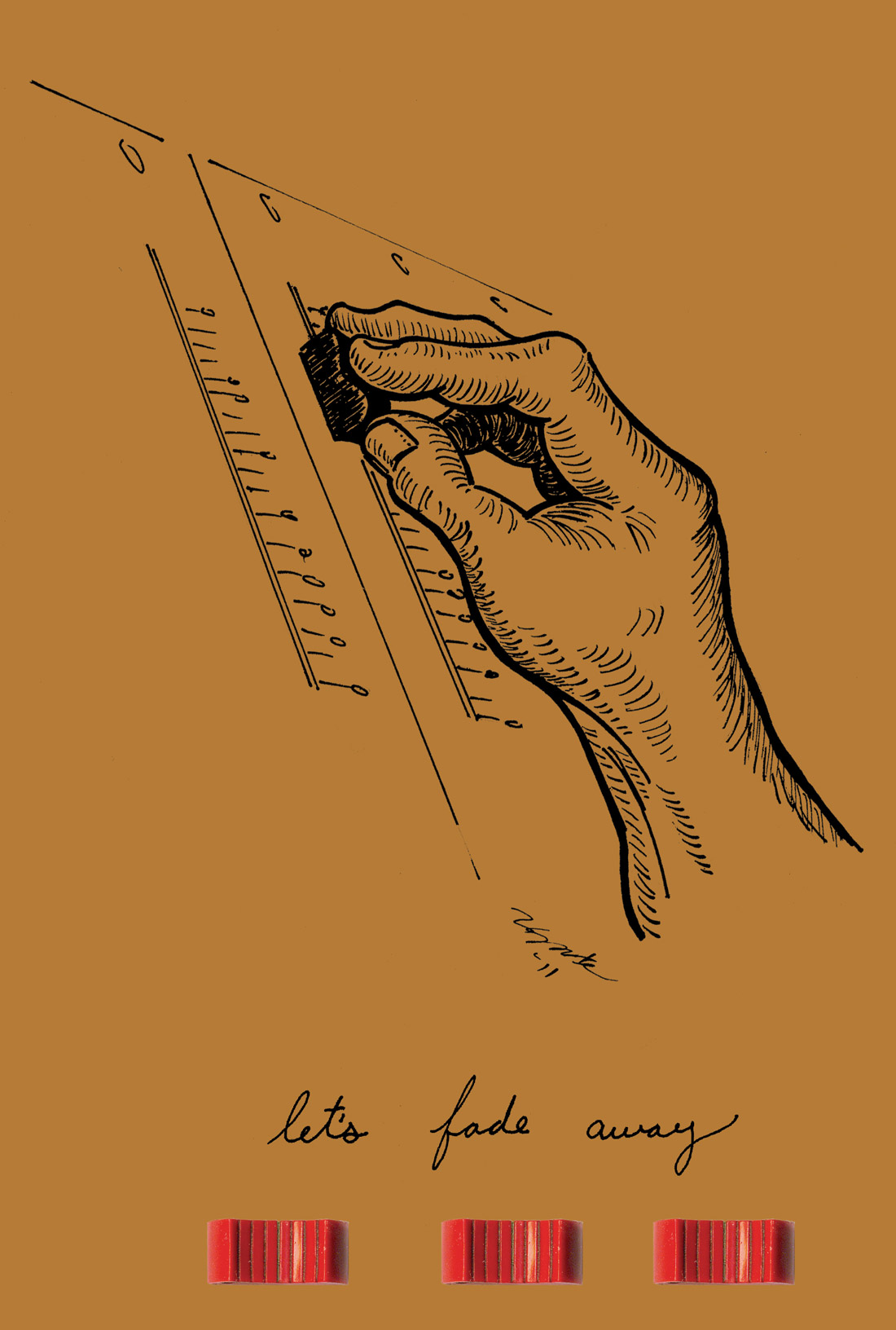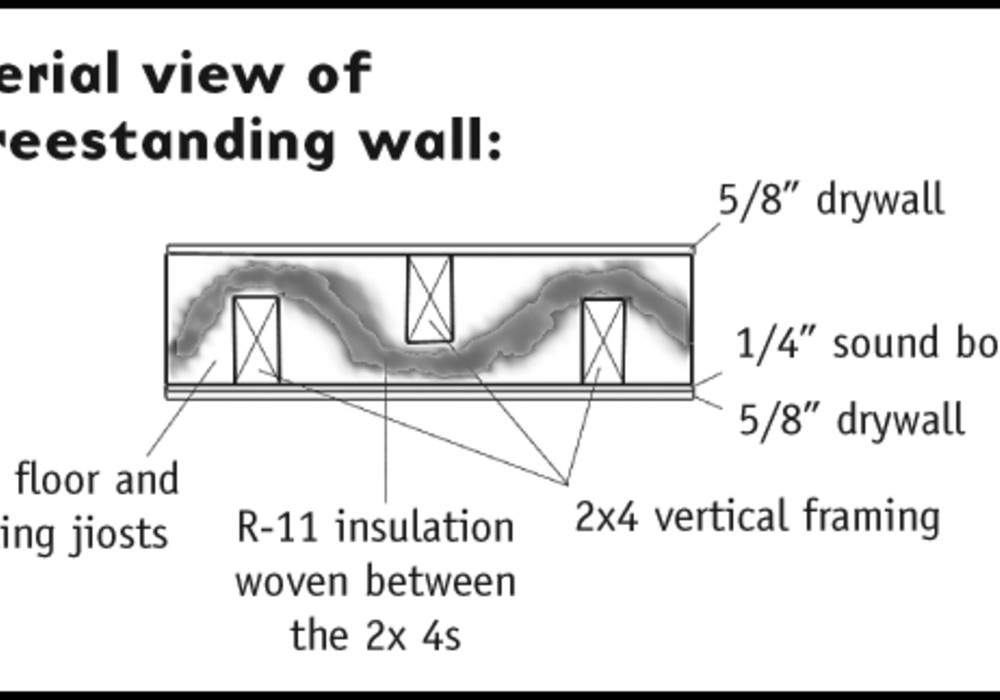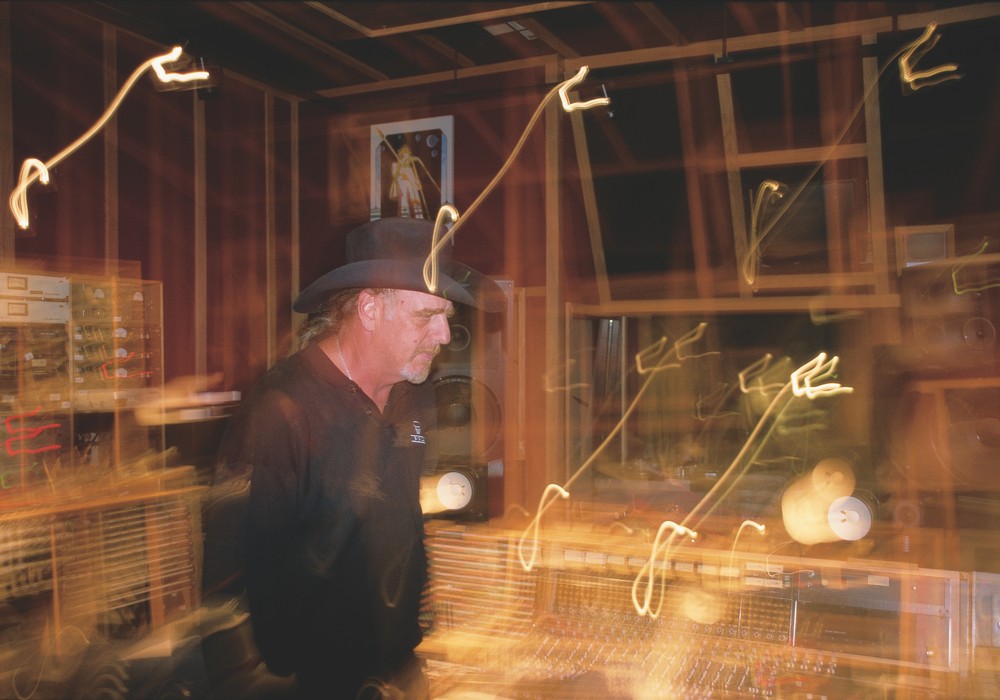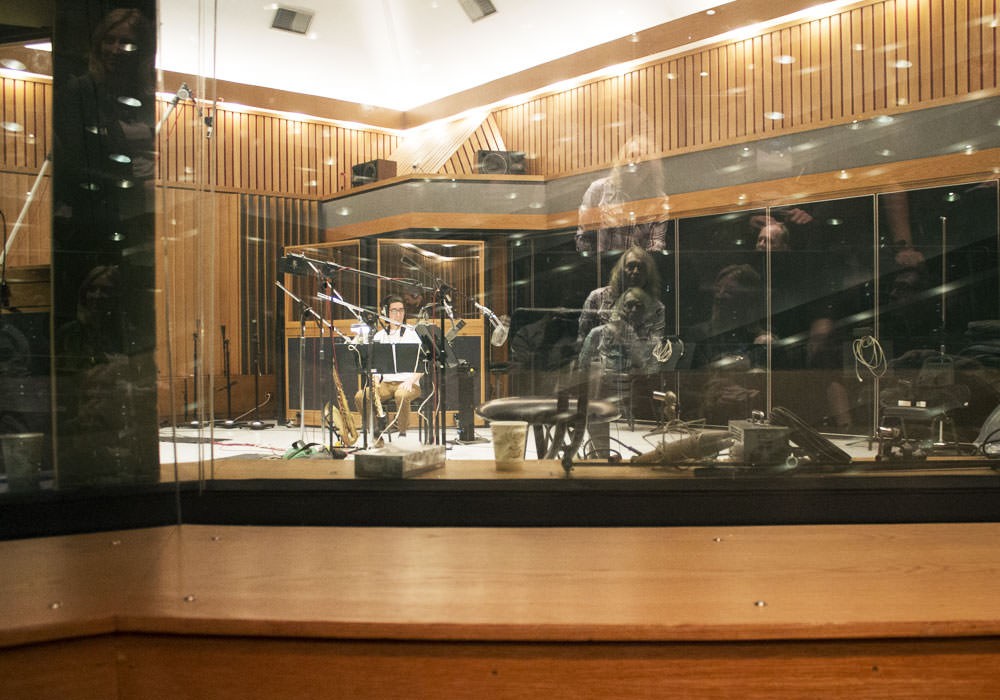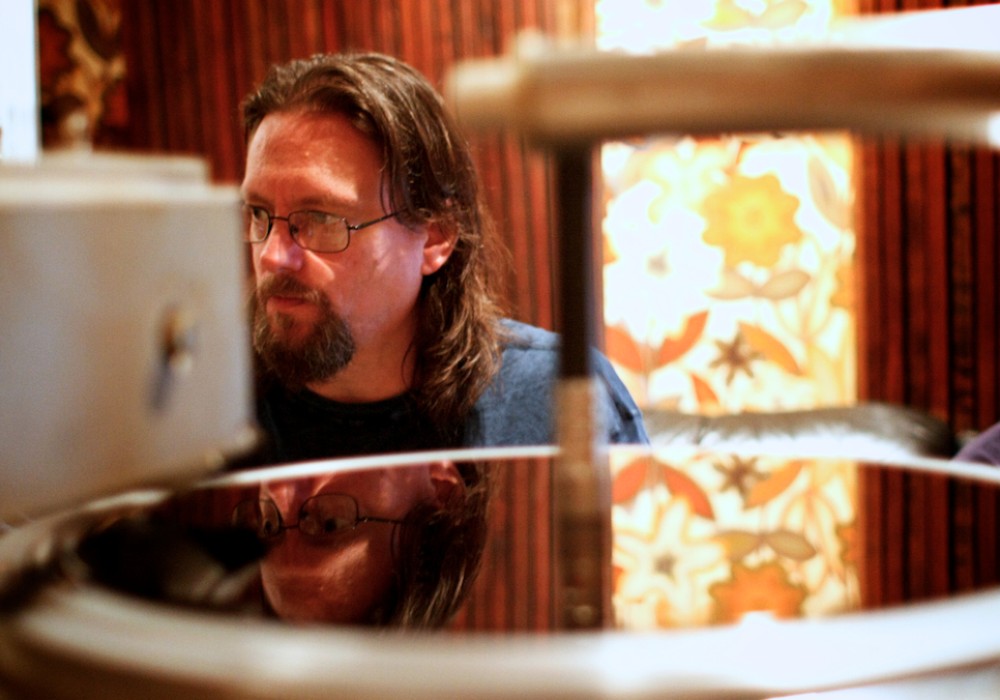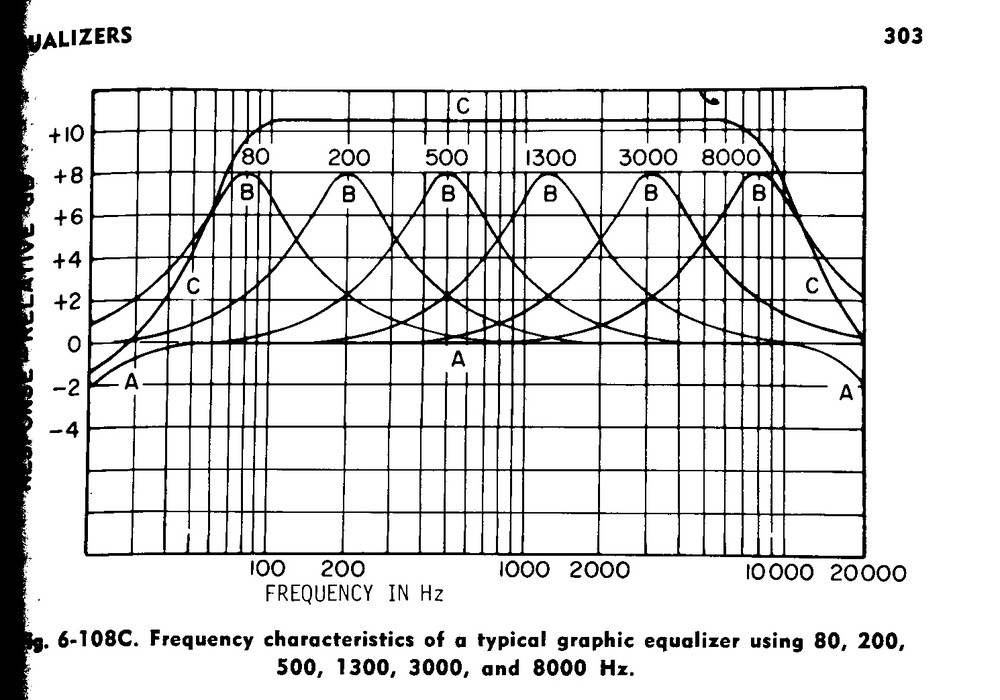When I first heard Buried at Sea's epic, super-slow-motion Migration a few years ago, I remember thinking, "This is pretty goddamn heavy" and "This lacks any high end whatsoever." The ballsy production fit the source material perfectly. It was a fitting introduction to Sanford Parker's work as an engineer
and musician. Since then, Sanford's been busy: He's engineered dozens of singular, heavy records for bands like Yob, Cough, Pelican, Rwake, Yakuza, Nachtmystium, Indian, Sweet Cobra, Batillus, Unearthly Trance and Zoroaster. He also plays in a number of his own bands including Minsk, The High Confessions and Circle of Animals. Sanford is based in Chicago, where he works out of Engine Music Studios. However, I was able to catch up with him when Nachtmystium toured through San Francisco this spring.
Let's start with the late '90s. What brought you to Chicago from Florida?
The main thing I wanted to do was get the hell out of Florida. I'd been there for so long, I just had to get out. A guy in my class [at Full Sail] was from Chicago. He was like, "Oh man, you should move to Chicago." I got a call from a studio owner in Chicago looking for an assistant, so I packed up all my shit and drove there. I'd never been there before.
What studio was that?
It was called Studio Chicago. Most of the sessions we did there were hip-hop and pretty much all tracked to tape. I did get to work with this guy Fluffy [Keith Auerbach] — he's the guy who engineered [Ministry's] The Land of Rape and Honey and The Mind is a Terrible Thing to Taste. I learned a lot from him — there's one vocal processing thing I still use today, on every metal record I do.
The Al Jourgensen vocal sound?
Yeah. You take a [dbx] 160 and turn the threshold all the way off, then you turn the ratio all the way down so there's no compression at all, and then turn the output all the way up to where it distorts. Then you send it to another 160, or any other [compressor] — I usually use an [Empirical Labs] Distressor. Then I dial back a reasonable amount [of level] to tape and that's the one I use for my compression. It's cool because you talk into the mic and it sounds completely fine; but as soon as you scream, it starts to hit the output of that 160 and breaks up — to me it just sounds natural. I've recorded vocalists that had no idea I even put that on there. It's so funny too; there're so many vocalists who say, "Man, I might have to do one song a day... my voice... I hate recording." And we run through the song and every time it's like, "Dude, I sound great! This is way easier than I thought!" And I'm like, "Yeah, you sound great man!" [laughs] I don't ever say a word.
Good distorted vocals are tricky — getting them to sit with guitars and distorted bass is hard.
It is. I generally have a bit of distortion over everything; even the drums. I always use a smash mic on the drum kit — just compress the fuck out of it. That generates a little bit of distortion.
Do you strap something across your drums at mix time too?
The thing I'm really into these days is running the drum submix through Neve line input transformers.
Hitting them really hard?
Yeah. It adds this nice little top end crunch. It scoops out around 200 Hz, so it gets rid of a little bit of mud.
How did you end up at Semaphore Recording?
After Studio Chicago, I started working for a goth label. They had a built-in studio that was Pro Tools based; it was nothing fancy. The owners basically ran it into the ground. It got to the point where it was hard for me to get paid. That's when I decided that I was going to build my own place. I went in with a couple friends and built a studio called Volume. I had that for about four years until the lady who owned [the space] decided to sell the building. They offered it to us, but there was no way we could afford it. So we were scrambling, trying to find something. This was the top of the real estate boom — rent was insane everywhere, nothing was available. It's the complete opposite now — every other storefront in Chicago is available, practically free. Jeremy Lemos owned Semaphore at the time with two other guys. He does sound for Sonic Youth, Iron & Wine, Pavement — a bunch of bands. So he started touring. Elliot [Dicks] does sound for Shellac and Tortoise; he was always on the road. Scott [Adamson] does sound for Ted Leo And The Pharmacists, so he ended up moving to Brooklyn. Basically they had a studio...
